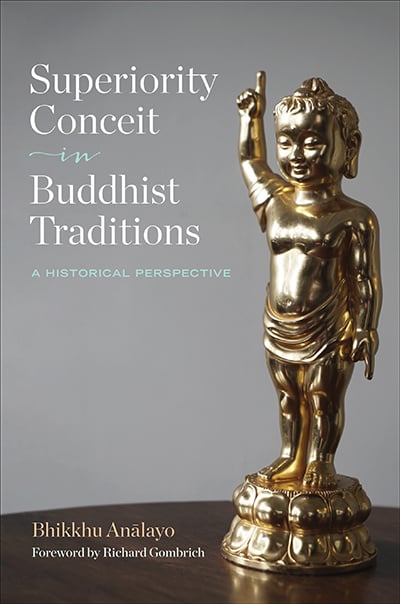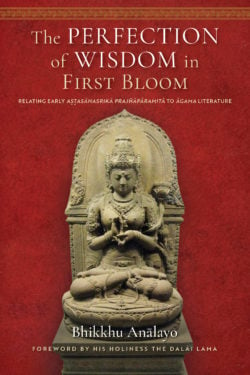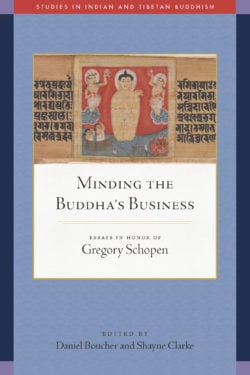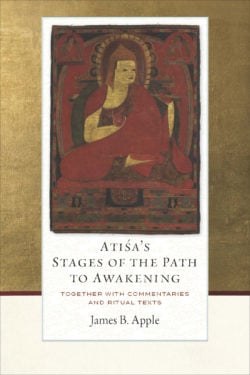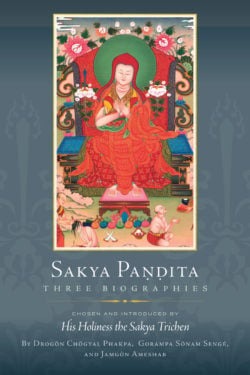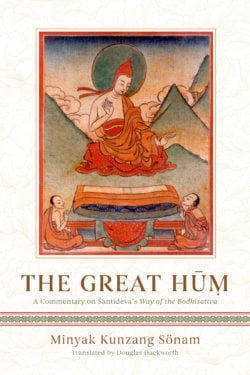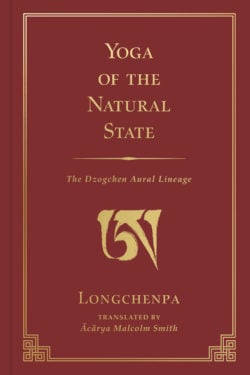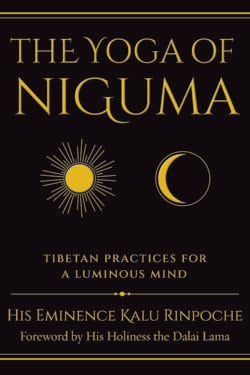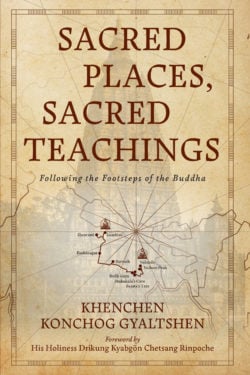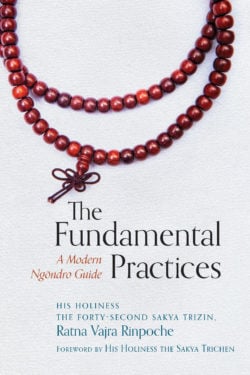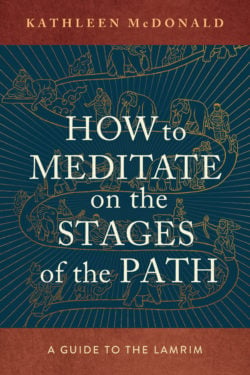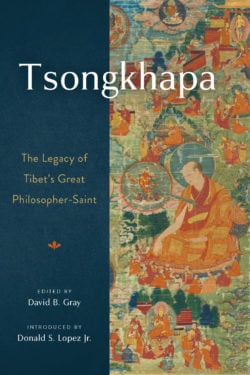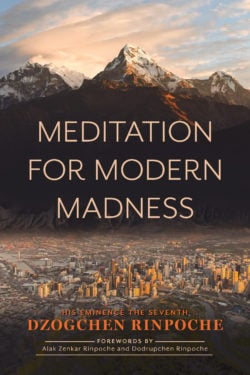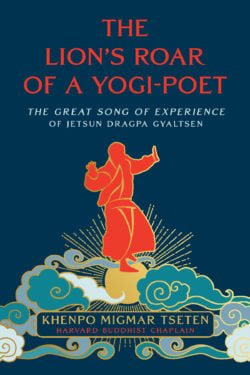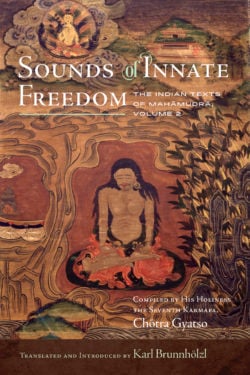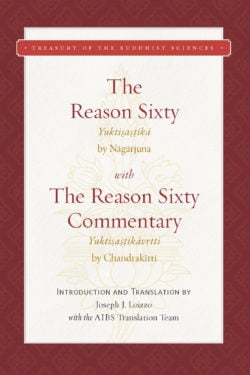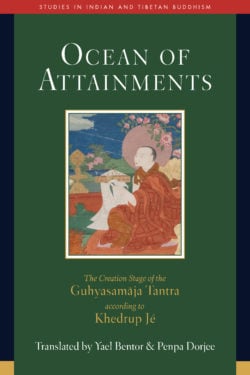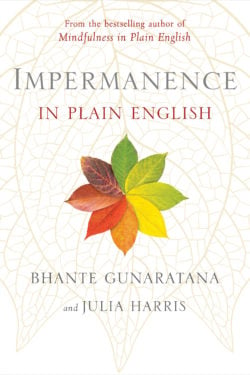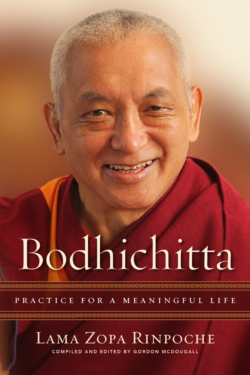Yoga of the Natural State
Experience for the first time in English the aural lineage of the Great Perfection Dzogchen tradition, expertly brought to life by the practitioner and translator Ācārya Malcolm Smith.
Longchen Rabjam, or Longchenpa as he is popularly known, stands as one of the great Nyingma masters of Tibetan Buddhism, producing a wealth of texts in the Dzogchen, or Great Perfection, tradition. This volume presents eight texts found in two collections of Longchenpa’s writings—the Lama Yangtig and the Zabmo Yangtig. These texts record a special experiential tradition of Great Perfection teachings by Chetsun Sengé Wangchuk to a single student in the eleventh century, a tradition passed down mouth-to-ear, one student at a time, until it was set down in writing by Longchenpa in the mid-fourteenth century.
While Longchenpa’s writings on the Seventeen Tantras are widely known, his writings on the Dzogchen aural lineage have received little attention, even though Tibetan histories show that it is the aural lineage that ensured the survival of the Great Perfection lineage. With this book of translations, we now have for the first time in English these records of the most important aural lineage in the Great Perfection tradition.
Unlike the arcane and difficult textual tradition associated with the Seventeen Tantras, the aural lineage teachings are experiential, easy to understand and practice, straightforward, and written in relatively simple language rich with similes and metaphors. The texts included in Yoga of the Natural State concern all aspects of the Great Perfection teaching, ranging from how to practice the preliminary practices, how the Great Perfection is introduced to qualified students, the correct view, meditation, and conduct of the practitioner, how to attain the state of liberation in this life, and how to recognize and attain liberation in the bardos.
Yoga of the Natural State: The Dzogchen Aural Lineage is an invaluable addition to the library of anyone interested in Great Perfection theory and practice.

